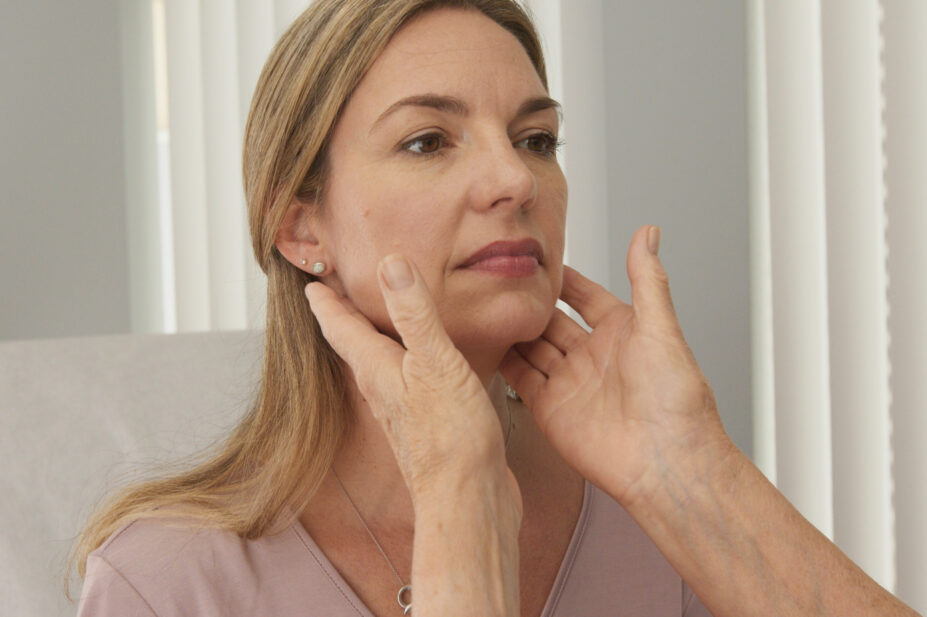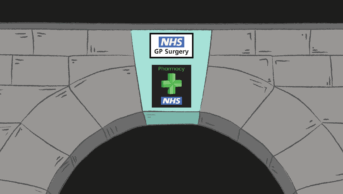
Shutterstock.com
More than 90% of pharmacists say there has been no increase in staffing levels to help deliver Pharmacy First one year since its introduction in England, a survey has revealed.
Results from the survey of 924 pharmacists, conducted by the Pharmacists’ Defence Association (PDA) in January 2025, coinciding with the first anniversary of the service’s introduction, showed that 93% of respondents had not seen any increase in staffing.
According to the survey, which the PDA said was evenly split between locums and employed pharmacists, more than two-thirds of respondents (65%) also said they had not received any protected time to complete “essential training” to provide Pharmacy First services.
However, 69% of respondents said they still supported the continuation of Pharmacy First and 68% of respondents said they supported its expansion, although 56% of respondents said that certain conditions should be in place before any expansion.
Asked what was needed to support expansion of Pharmacy First, 81% of respondents said pharmacists to be given the ability to electronically refer patients to their GP practice if they displayed particular red-flag symptoms, or for patients who did not meet the criteria for the Pharmacy First pathway.
Three-quarters of respondents (76%) wanted to see protected learning time ahead of new clinical pathways. A similar proportion of respondents (75%) wanted an increase in “trained and competent” staff.
Commenting on the survey, Jay Badenhorst, director of pharmacy at the PDA, said: “PDA members have suggested several improvements to deal with the additional demand and enhance the patients’ experience. These include ensuring appropriate staffing levels throughout the opening hours of pharmacies and considering key factors, such as protected learning time, before any new services are launched or future service expansions.
“The PDA is calling for representatives of the pharmacy workforce to be involved in meaningful discussions with commissioners and contractors during service developments and how they are better resourced. This is to ensure that the perspective of pharmacists delivering the services are featured, from the onset, in any future pharmacy contractual framework developments.”
In a report published on 30 January 2025 to mark the scheme’s first anniversary, the Company Chemists’ Association (CCA) said: “With targeted expansion, up to 40 million GP appointments could be safely transferred to pharmacies. To do this, NHS England need to expand the patient group directions criteria of the current seven conditions the service focuses on, to allow more patients to be treated and incorporate Independent prescribing skills (where available) as soon as possible.”
The report also called for new clinical conditions to be added.
Malcolm Harrison, chief executive of the CCA, said: “It’s clear that Pharmacy First is working as intended, but the NHS must now allow us to now move through the gears and expand the service to deliver greater patient access into primary care.”
In a statement published on 31 January 2025, Community Pharmacy England said: “Over the past 12 months, IT glitches, a lacklustre NHS marketing campaign and low GP referral rates have led to difficulties reaching monthly payment thresholds.
“Our ‘2024 Pharmacy Advice Audit‘ found that every week there are nearly 150,000 informal GPs and NHS 111 referrals that could have been made not Pharmacy First, effectively removing more than £115m worth of funding from the pharmacy network.
“But pharmacy teams have navigated their way through many of these obstacles and built a solid foundation from which Pharmacy First can grow. Taken alongside the ongoing financial and operational pressures that pharmacies are facing, this makes the service’s success a phenomenal achievement,” it added.
In December 2024, The Pharmaceutical Journal revealed that the number of GP referrals to Pharmacy First in England varied widely between integrated care boards (ICBs).
NHS data obtained by The Pharmaceutical Journal showed that GPs in NHS Bristol, North Somerset and South Gloucestershire ICB made the highest number of referrals, with 939 per 100,000 people.
On the other hand, NHS North West London ICB made the fewest, with 65 referrals per 100,000 people.
In January 2025, the government said it would be “maximising Pharmacy First approaches” to ear, nose and throat care, as part of plans intended to cut NHS waiting lists and transfer care from the hospital sector to the community.


